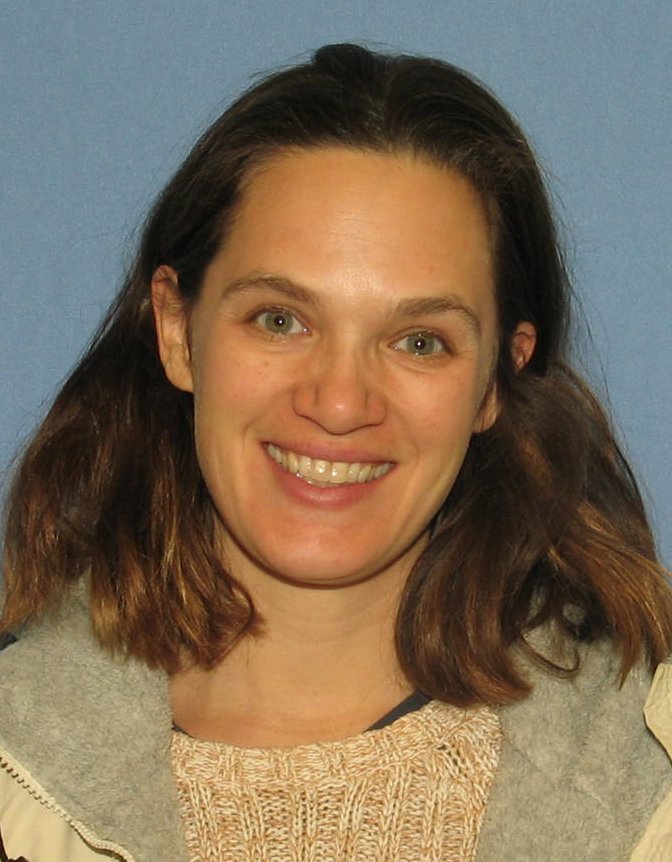Faculty Profile
Jenn Halpin
Director of the Dickinson College Farm (2007)Contact Information
Kaufman Hall
717-713-0275
http://blogs.dickinson.edu/farm/
Bio
Jenn applies her background as a production farmer in organic agriculture and graduate studies in Sustainable Food Systems to her teaching as a Food Studies instructor. Jenn's research focuses on the intersection of food security and home gardening, working with Carlisle neighborhoods to develop appropriate strategies to help mitigate community food insecurity through efforts to grow one's own food. In her work as the Director of the College Farm, Jenn focuses on coordinating field-based research to advance production systems and better understand the interactions between soil and plants.
Education
- B.A., Providence College, 1994
- M.S., Green Mountain College, 2019
2025-2026 Academic Year
Fall 2025
FDST 201 Introduction to Food Studies
This course introduces students to Food Studies, an interdisciplinary field that examines food through biological, cultural, ecological, economic, and other perspectives. We will treat questions of hunger, food production/procurement, inequality, ecology, food labor, health, including psychology, and the diversity of ethical, cultural, and spiritual meanings regarding food. The course will include opportunities for students to engage in active observation, experimentation, and hands-on learning through community partnerships and the College Farm. Students will encounter reading/viewing assignments from a wide range of disciplines. This course will also be open to students who do not intend to complete the Food Studies certificate but would simply like an interdisciplinary understanding of the workings of food.
Spring 2026
FDST 401 Capstone Seminar
This capstone seminar builds on the introductory Food Studies course (FDST 201). It requires students to reflect, synthesize, and apply knowledge gained through their academic coursework and experiential learning experiences. A substantive, reflective piece which could take many forms will be required. Students will work collaboratively to organize a symposium, performance, event, or other public presentation of their work. In order to register for FDST 401, students must have completed FDST 201 and at least 3 of the four electives, along with the experiential learning component. The latter may be taken simultaneously with FDST 401.Prerequisite: FDST 201, at least three of the four electives, and the experiential component which can be take simultaneously with FDST 401.
